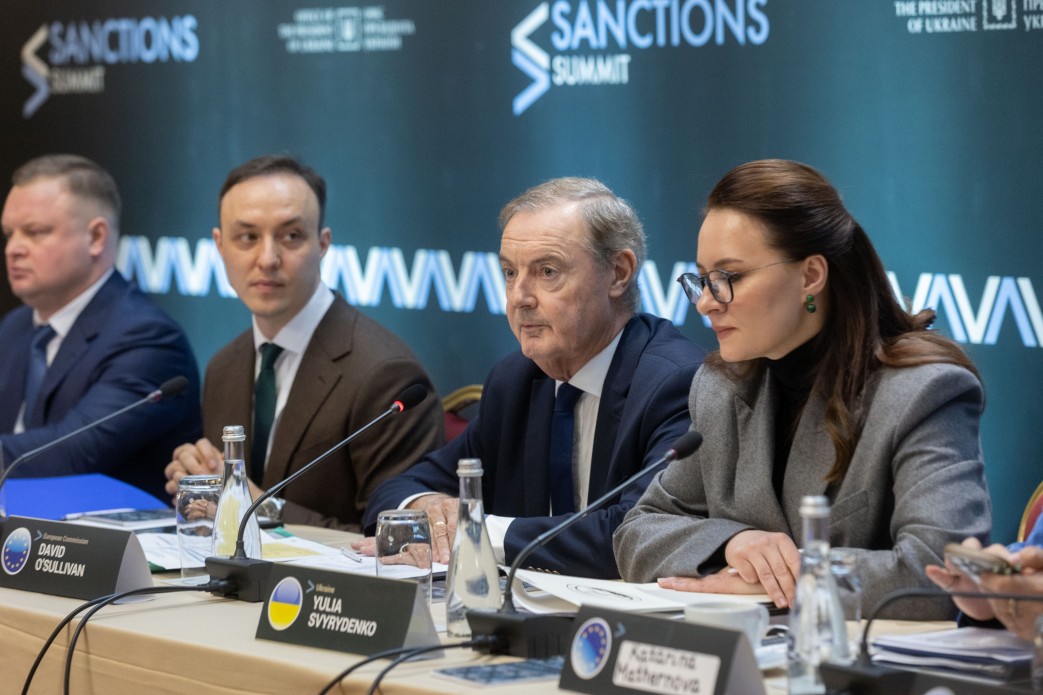
 By Natali Moss
By Natali Moss
Only according to the latest calculations, the oil and gas revenues of the Russian budget this month may fall by 35% compared to last year. The figures confirm the correctness of our joint actions, and we must continue to increase pressure and improve sanctions," she said.
Yulia Svyridenko emphasized that further steps should include sanctions against the Russian energy industry, the shadow fleet, including restrictions on ship crews, insurance companies, oil refineries and traders, suppliers of technologies and components for Russian weapons, as well as personal sanctions, restrictions on the supply of weapons components and financial transactions.
The special representative of the European Union on sanctions, David O'Sullivan, emphasized that the 19 sanctions packages of the European Union and the imposed restrictions of Great Britain, the United States, Canada and Japan are producing results and affecting the Russian economy. According to him, work in this direction should continue. “It's not about one package or the next package – it's going to be a continuous process.
As this terrible war continues, we will constantly need to adapt, refine, improve, and address new areas and loopholes that we discover. So it will be a constant work in progress,” he said.
Vladyslav Vlasyuk, the President's authorized adviser on sanctions policy, noted that representatives of Ukraine, Belgium, Great Britain, Denmark, Estonia, Ireland, Iceland, Italy, Canada, Cyprus, Latvia, Lithuania, the Netherlands, Germany, Norway, Poland, Finland, France, Sweden and the European Union are participating in the summit.
"Sanctions coordinators will hold a professional and frank discussion about the impact of sanctions and their synchronization in the jurisdiction of partner countries, as well as about potential new opportunities to increase pressure on Russia. Countering the entry of foreign components into the Russian Federation remains an important issue. The participants of the summit will have the opportunity to examine the Russian weapons and the foreign-made components found in them," he said.
Vladyslav Vlasyuk emphasized that since the beginning of this year, President Volodymyr Zelenskyi has signed 56 decrees on the introduction of sanctions, in particular against Russia's military-industrial complex, the shadow fleet, Russian propagandists and the financial sector. Since January 2024, the State Register of Sanctions has been operational, which already contains more than 20,000 sanctioned individuals and legal entities.










All rights reserved IN-Ukraine.info - 2022